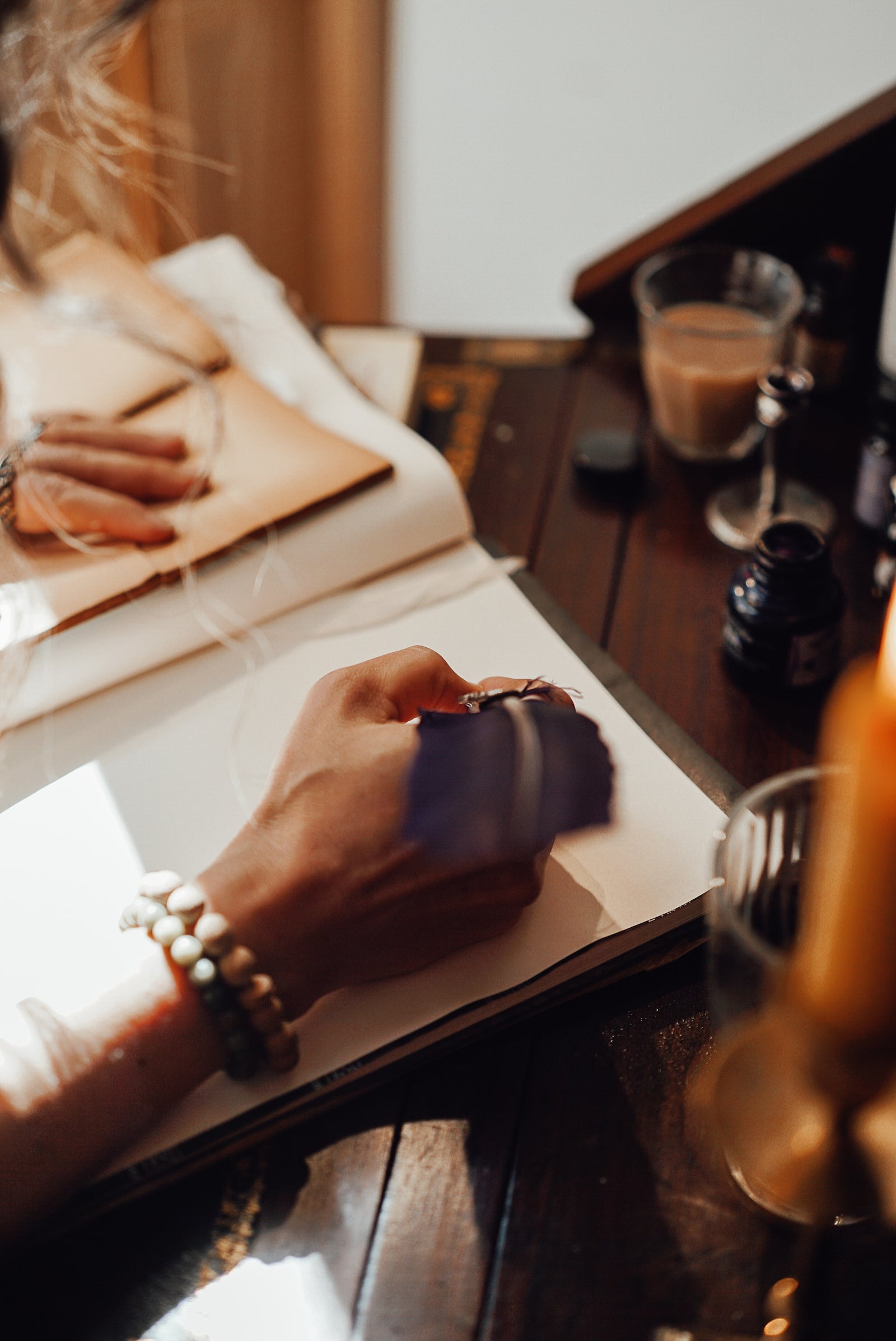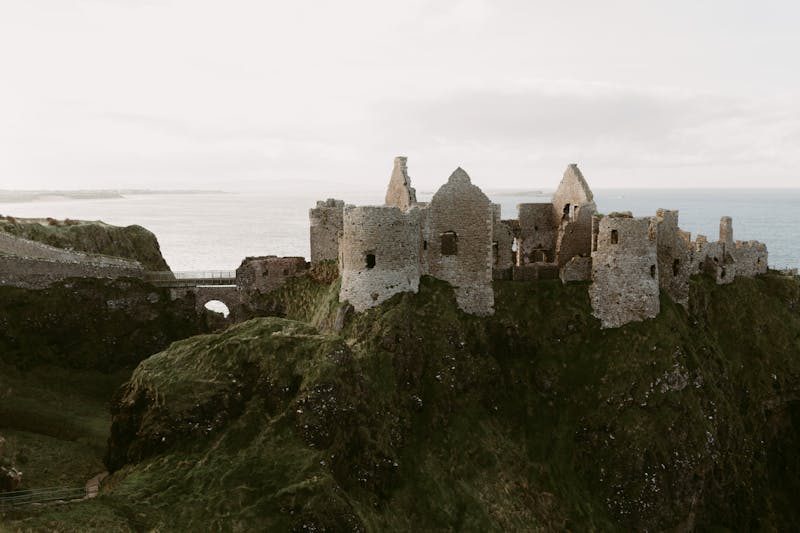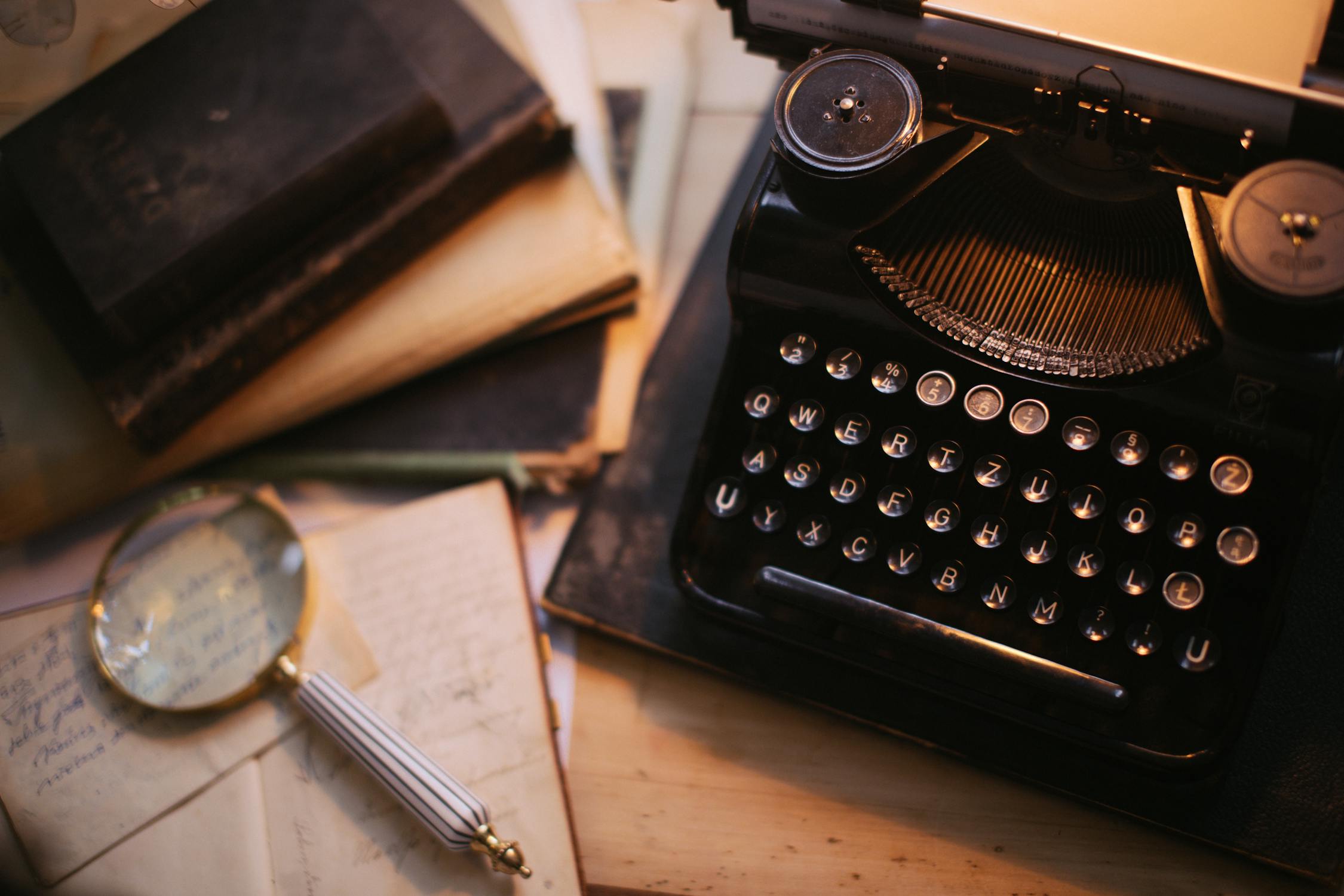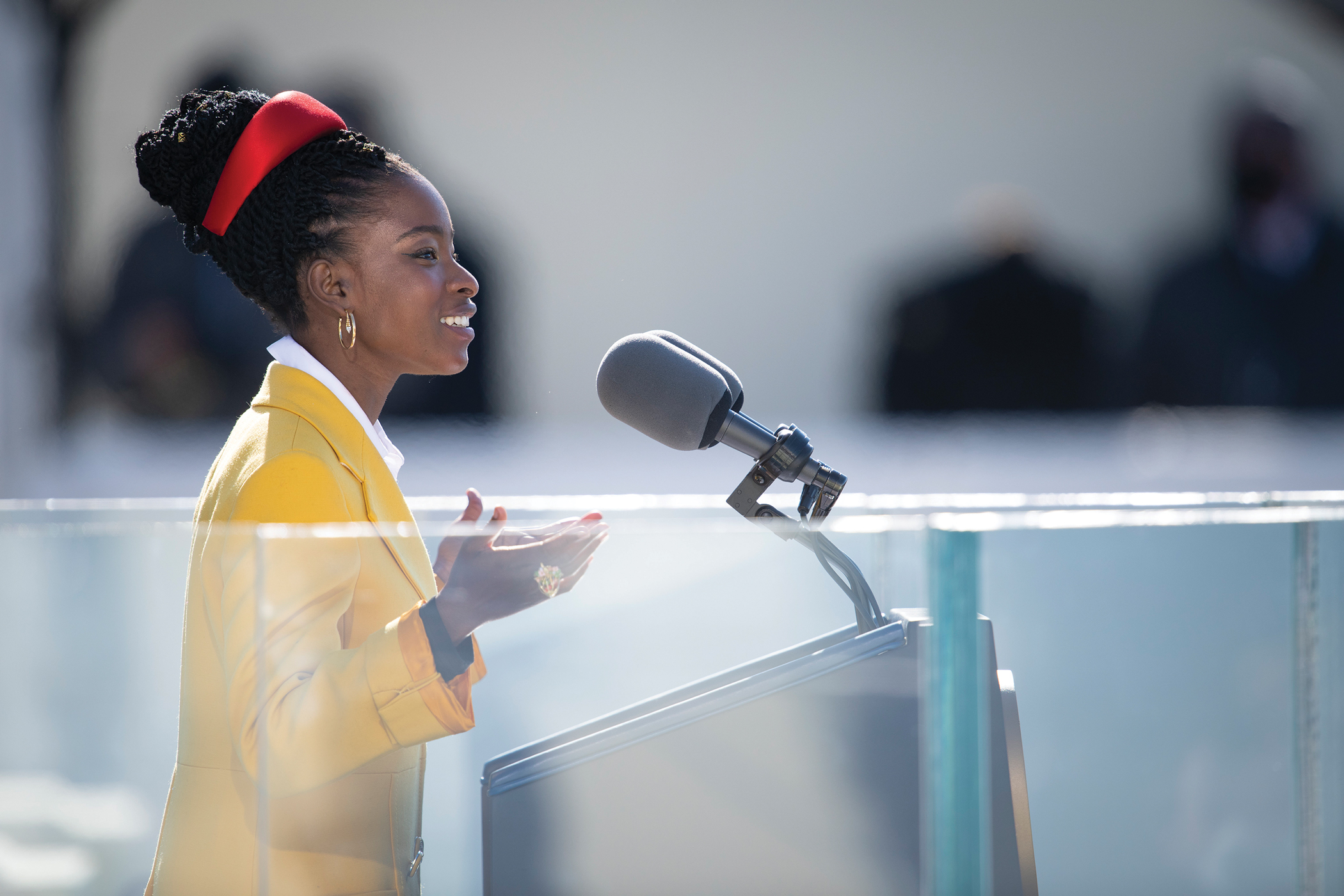Writing in the Wilde Expanse with Libby Wagner

We loved this conversation with poet, artist and educator, Libby Wagner. Libby graciously shared some poignant insights into her creative process. Join us at the Homestead for her writer's retreat this summer, Writing In The Wilde Expanse.
You first visited us a couple of years ago on a personal retreat. How did you pick this place?
Yes! I was on this wild adventure across the US in my camper van, and Hunter Moon Homestead was my very first stop. I loved your photographs and what you said about your place. The Palouse and that area near the Bitterroot Mountains is so gorgeous.
You all were so welcoming. As soon as I heard you were building a space for art making, I said let me know when you’re finished so I could come and teach.
Tell us about you and your writing, and what you’re up to.
My primary art form is poetry, but I've written a lot of other things. I'm also an entrepreneur and I have a business. I'm also a maker of things. I love to do hand work and sewing, knitting, hand-sewn garments, things like that. Living a creative life is one thing that I've been trying to do ever since I was a small person. I love coming to a beautiful space like Hunter Moon and being inspired by the landscape. Your attention to beauty is really attractive to me because I feel like when we can get connected in that way, we can get connected with our own voices, and that's what helps us write or create.

Before the pandemic I went to Ireland every year, and that was always an attractive place for people to come and join me to write. The thing that I really want people to know is that you don't have to have any writing experience. You don’t need publication as a desire. It's really about ‘How can we enliven our creative practice through the use of writing?’ and a space that is safe and inspiring and beautiful. If poems come from it, great. If stories come from it, great. If a great letter… it doesn't matter. It's really about that exercise of your own artistry.
I love the idea of being inspired by beauty rather than pain. A lot of poetry, or art in general, comes from dark places. It's really wonderful to think about being in a beautiful, supportive environment while you create. It's just such a lovely concept to give yourself that gift of putting yourself in a place that gives those things.
I think one of the great things about your place is not only the natural beauty, but also all the ways that you have lovingly curated everything around there. It’s a magical place. I was very inspired by it.
I like to write in all different kinds of places, but I just felt like [Hunter Moon Homestead] a place that's going to allow people to connect with that part of themselves that is, as Elizabeth Gilbert calls it, “your own genius.” With that longing to express.
It’s certainly been that for me here!
You get to travel a lot. How does your travel inform your creative writing?
I used to travel a lot more for business but I always try to make it fun as well. For me, travel helps me. It provides the opportunity for description and observation and noticing, which are always part of an artist's craft. Sometimes when we take ourselves out of our ordinary environment, we’re arrested by it. We have to notice it differently and I think that's very stimulating for writing and any creative process, but specifically for writing since we're talking about language and linguistics.
How would you encourage an aspiring writer to create a practice of writing?
The poet might Mary Oliver said that if you want to write poems then somebody has to be a Romeo, meaning somebody has to show up at the window. She was talking about both the creative impulse, the desire [to create], but also just the discipline of showing up. I think everyone has stories to tell.

The poet Mary Oliver (right), with her partner of over 40 years.
A lot of people have been told they can't write or they don't write or they don't know how to write and I don't believe any of that. I taught writing for years as a college professor. I’ve worked with all kinds of people in all kinds of spaces and places and talents. There is something uniquely important about the desire to put something, that might be unsayable, into words. We can hardly resist ourselves. Of course musicians and visual artists and all other kinds of artists are all trying to do that too. They’re all saying something that language isn't adequate for. But the poets, we are crazy enough to think we can get close.
There are many people, like Julia Cameron, who wrote The Artist Way, [that consider writing a] kind of practice. You’re connecting with that part of you that’s connected to something Divine and magical and unique. It doesn't really matter what that is, which I think is why her work was revolutionary. She said, “If you are willing to have this practice, it's going to open up all these other creative places for you.” You could be a writer or you could be an engineer or you could be a farmer or you could be an entrepreneur or you could be a sculptor.
You just have to show up. I love that it really was a spiritual practice for her too. The art you make is a divination in a way.
I feel like it is. I would say it's true too. Whether someone is comfortable or uncomfortable with the idea of those things that are unseen, a lot of writers, and artists too, feel like they're conduits. Like they're translators of things they receive. I think we go crazy when we start to get too ‘explainey’ about it. Like here's this thing, and it came from me, but maybe it didn't come from me.
Do you have a favorite place to write?
Well if I’m a really good writer I can write anywhere! I like writing in cafes. I like writing in the woods. I like writing at my kitchen table. I like writing in my camper van. I like writing in an airport. I don't have a favorite place.
Are you a computer writer or typewriter or by hand?
Good question! I have a fantasy that I want an old electric typewriter. I always like to tell people that when I was in graduate school I was the only person in my class with a typewriter. Everyone else had a computer. I have a computer to make things easy, but when I'm generating I write by hand.

There’s something about that hand to eye creating.
Computers are for editing, and for seeing how something will look on a printed page. Handwriting is for closely connecting to the somatic process of the body. Because it’s all coming from the body anyway.
Do you have a physical practice that’s part of your writing process?
When I teach a workshop I will try to have some kind of movement associated with the practice itself. That could be something like we have yoga teachers there, or we go on walks or sometimes we do guided meditations.
I don't have a particular practice. Walking for me is a way that I connect with ideas, sounds and music. I've been really heavily influenced by Lidia Yuknavitch and her work with corporeal writing. She talks about how the body has its own epistemology, it has its own language. The body holds things and it remembers things. We try to live so much of our lives above the neck that we forget about the body.
I’m curious how your culture informs your writing?
I was born in Spain, of a military family, and grew up in the military. We moved around my whole life. If there's anything culturally that has impacted me, it would be being a bit of a nomad or a gypsy. My immediate family are very close, very connected. We didn't often get to see extended family or develop those kinds of traditions because we moved all the time.
When I went on my trip across the US, in a way, I was trying to see if I could fall in love with my country again. I wanted to see different people and places and landscapes, and interact and connect in real ways. I wanted to stop off at the side of the road where it said “Best pie crust in Minnesota” or “Fresh apple cider,” and to connect to people in that way. I am an American, but I’ve spent a lot of time in Europe, and I have a lot of friends and colleagues and other common artists who aren't from the United States. I think it's really important to consider, and think about different ways of being.
Do you have a favorite subject to write about?
I hope you're not going to ask what my favorite poem is, because I’d never be able to do it! I don't have a favorite subject. I think it's actually more about listening. Listening to what comes up, and observing and noticing. My poems are rooted in the natural world. I write about the juxtaposition of the life of the body, and of the life of the spirit. I'm always trying to write about things that I think are hard to talk about, like love or courage or fear or doubt or beauty or loss.
We live in a very modern world where poetry is appreciated less than it was in a slower time. Is there impetus to what drives you to share those things using poetry as a medium?
It’s interesting. Because, for example, when Amanda Gorman read her poem at the inauguration many people were like “Oh my gosh, poetry! How incredible! Where has it been forever?!” Of course we can completely appreciate her artistry, and expression, and beauty, and heart, and all those things. That's completely and utterly appropriate. But it's also okay for people to write poems about the smallest, tiniest things, and the things that move them.
Amanda Gorman delivering her inaugural poem.
William Carlos Williams famously said “It is difficult to get the news from poems, yet men die miserably every day for lack of what is found there.” What I think that means is that, we think the things that make up our lives is in the news – and he didn't have any idea of the internet or scrolling or any of the things that can capture and fragment our lives. What we really need as human beings isn't there. It isn't in an Instagram feed.
What’s in poetry, and I would expand that to say art in general, “Men die everyday for lack of what is found there.” In other words, we create this space of despair when we can't connect with those things that are uniquely and importantly about The Human Experience, and about being connected in that. I think there are more and more people connecting with poetry than there ever were. I still think there's plenty of space because we still have stories [to tell].
In Europe it's not the same. In Ireland it's not weird to say you're a poet. Everybody is a poet! The mechanic’s a poet, the guy who’s driving a tractor is a poet. Everybody writes poems and talks about them and it’s not weird. We’ve done that to ourselves. Plus we have the whole starving artist myth, but that’s a whole nother conversation.
Anything else you’d like to share about your writers retreat here at Hunter Moon Homestead?
It's going to be a small, intimate group. We're going to write, and we're going to walk, and stare at the stars, and eat good food. We’ll just be inspired by the space that can the containers the way te land going to hold us I'm really looking forward to that so
For anyone and who hasn't been to one of your classes if you could walk us through what the structure for your retreats looks like?
Yeah. Typically I have some unstructured blocks of time first also people are actually having time to write alone. We will also do a writing exercises together where I will give prompts or portals or provocations, and ordinarily they’re timed. We’ll do some walking. We'll do some being outside. We’ll have some exercises that are generative in terms of connecting with descriptors, and connecting with stories. A lot of the writing we’ll do will be in prose. We will work on a few things that will look like poetry. We’ll take breaks, and we’ll share! People will have a chance on the last evening to share something that they've written during the week.
We call it the Noble Call. My friends Owen and Míchaél Ó Súilleabháin, who are beautiful Irish musicians and creative artists, their family is from Limerick city. If you are invited to someone's house there, and maybe you're for there for dinner and event, usually towards the end of the evening someone will invoke what they call the Noble Call. You'll be invited to share something that either you are inspired to share or that it would be something from the evening. You could play a song or sing a song or tell a joke or story or do a dance or recite a poem. It’s a gift to the host. This is a tradition that we started anytime I lead workshop, we have a Noble Call on the last night.




